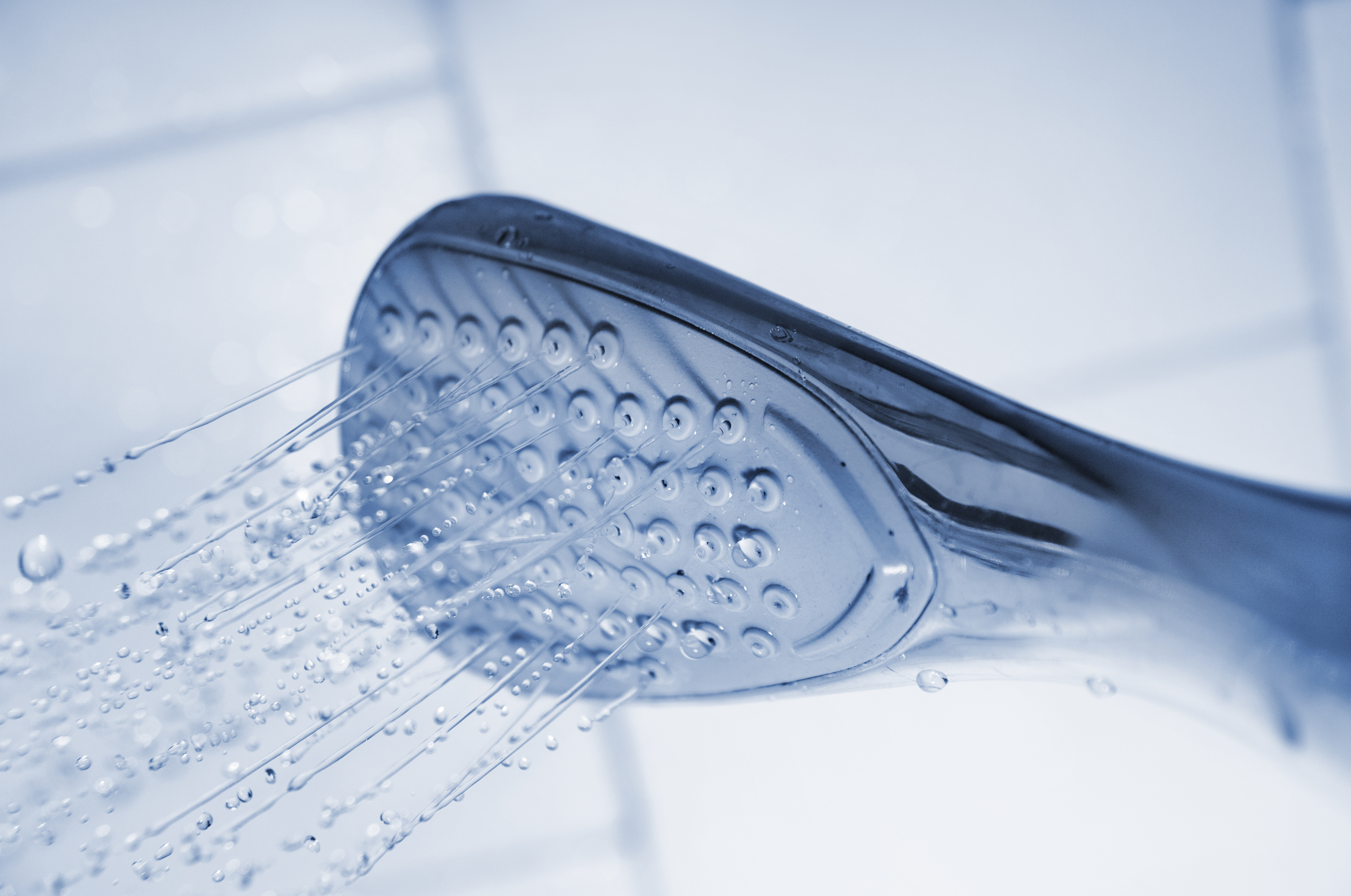10 Genius Ways to Use Ice for Your Health and Wellness
3. Cold Showers for Immune Boosting

Cold showers, a more accessible form of cold therapy, offer a multitude of health benefits, with immune system enhancement being one of the most significant. Regular exposure to cold water has been shown to increase the production of white blood cells, which play a crucial role in defending the body against infections and diseases. This immune-boosting effect is attributed to the body's adaptive response to cold stress, which involves the activation of the sympathetic nervous system and the release of stress hormones that bolster immune function. In addition to strengthening the immune system, cold showers can improve cardiovascular health by promoting better circulation. The alternating constriction and dilation of blood vessels during cold exposure enhance blood flow, which can reduce the risk of cardiovascular diseases. This improved circulation also aids in the delivery of oxygen and nutrients to vital organs, supporting overall health and vitality.
4. Cryotherapy for Inflammation Reduction

Cryotherapy, a cutting-edge cold therapy technique, involves exposing the body to extremely low temperatures for a short period, typically two to three minutes. This exposure is achieved through the use of a cryotherapy chamber, where temperatures can plummet to as low as -200 degrees Fahrenheit. The primary benefit of cryotherapy lies in its ability to reduce inflammation, a key factor in many chronic health conditions. The extreme cold constricts blood vessels and decreases metabolic activity, which helps to reduce swelling and inflammation in tissues. The anti-inflammatory effects of cryotherapy extend to the treatment of conditions such as arthritis, fibromyalgia, and chronic pain. By reducing inflammation, cryotherapy can alleviate pain and improve joint function, enhancing quality of life for individuals with these conditions. Additionally, the cold exposure triggers the release of anti-inflammatory cytokines, proteins that play a crucial role in regulating the immune response and reducing inflammation.
